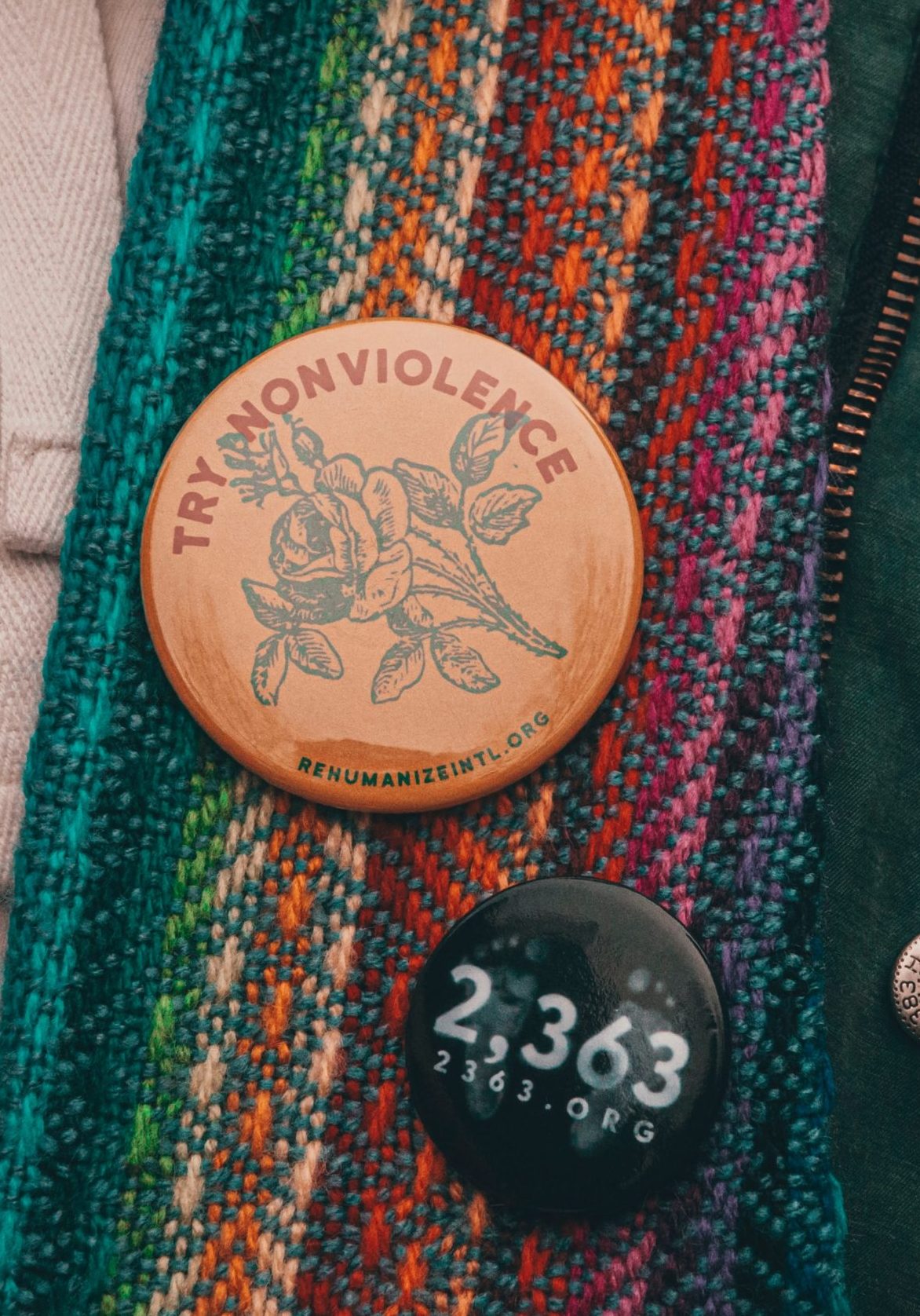
The community survived after the Sheikh’s death, who was already old upon its inception. The remaining members who had been bright-eyed young adults —hippies looking for meaning, were now elders, and somehow still bright-eyed. Years ago we’d spent one of the last days of Ramadan there; my mom, two of my sisters, and myself. In these past days of confusion in which I’ve spent flabbergasted by the Muslim response to the overturn of Roe v. Wade, I thought about that community, about the past in general, and longed for a simpler time.
Once upon a time, there was no nuance on abortion; at least not in the general public Muslim discourse. Presumably, we knew the option existed for rare cases but it wasn’t worth discussion —or so my memory goes.
That community I visited, a Sufi Muslim community, was established back in the 1960s. They didn’t eat meat. Yes, it’s true, Muslims are allowed to eat meat. But I can only imagine that it would have been difficult to find halal meat in America back then. Did they have long Fiqh debates about if they could eat the meat of the “people of the book” or even discuss the rules of zabiha meat? Of course, I don’t know. But I thought of them because one thing would be certain, by eating vegetarian they’d avoid the need to have detailed discussions about the rules of animal slaughter, the possibility (or not) of eating from the “people of the book,” and most importantly they’d avoid eating that which is impermissible altogether.
Am I promoting a vegetarian diet? No, thankfully in our times there are plenty of halal butchers in America to purchase meat from. But what I am saying is that sometimes there is a benefit in focusing on what we know for sure is halal and staying clear of all else. By focusing on the fiqh of exceptions we’ve made exceptions into the rule. We’ve normalized the fringe by overemphasizing special cases.
If all the meat around you is haram it’s a better default to say, “We don’t eat meat” than to discuss all the special circumstances in which you can eat meat, circumstances that are the exception to your context and not the rule.
Similarly, what point is there in emphasizing that abortion is allowed in exceptional cases when those extreme cases don’t apply to about 98% percent of the reasons people seek abortions (in America). Leaders ought to translate Islam into the language of their society. Relevance is to truly and deeply understand the context that people live in and guide them appropriately. Sadly, lots of Muslims (if social media is any representative of the community) now believe abortion is allowed in Islam, as a default. It’s not that this isn’t true but that it’s completely irrelevant within our given context. It would be better to say Islam doesn’t allow abortions —which is at least a legitimate opinion within some schools of thought (1), than to say it allows abortions in any absolute sense —which is completely illegitimate.
It would be better that the default allow no nuance than to lead with nuance and confuse people further. If one never gets an abortion —just as the Sufis who did not eat meat, they are safe from haram. But if one gets an abortion (or advises someone else to do so) without understanding the rulings surrounding this exception in detail, one risks performing a major haram.
InshaAllah, I hope I haven’t confused anyone with my comparison of the response to the abortion issue with the diet practices of a Sufi community. My point essentially is that we have to be careful about leading with nuance. Sometimes in our effort to clarify or be precise we only end up confusing or leading people astray –which I pray I haven’t done here. And Allah knows best.
_____
Related:
___
Notes:
1. “In the view of Imam Mālik b. Anas… and the Mālikī scholars of the Way of Medina, a child (walad) is created at inception when the exchange of genetic material occurs and the requisites for the formation of a unique human being exist. Were it not so, argue the jurists of this school, the Prophet ﷺ would not have made blood compensation necessary if a person caused a woman to miscarry.” (See 1. under ‘Further Reading’)
Further reading: While it somewhat goes against the spirit of my post, if we are going to speak about this issue, by the grace of God, let us speak with knowledge.
- When Does A Human Fetus Become Human, Hamza Yusuf [https://renovatio.zaytuna.edu/article/when-does-a-human-fetus-become-human]
- Reflections on Muslim Approaches to the Abortion Debate: The Problem of Narrow Conceptualization, Salman Younas [https://muslimmatters.org/2019/08/19/reflections-on-muslim-approaches-to-the-abortion-debate-the-problem-of-narrow-conceptualization/]
- Islam and The Abortion Debate, Dr. Omar Suleiman [https://yaqeeninstitute.org/read/paper/islam-and-the-abortion-debate]
- What does Islam teach about abortion? https://www.abuaminaelias.com/the-ruling-on-abortion-in-islam/
Consider subscribing to our newsletter Afterthoughts for more posts and our weekly newsletter, paid subscriptions support our work. Subscribe for a free or paid subscription here. Also be sure to join our Telegram and follow our Instagram.





Recent Comments